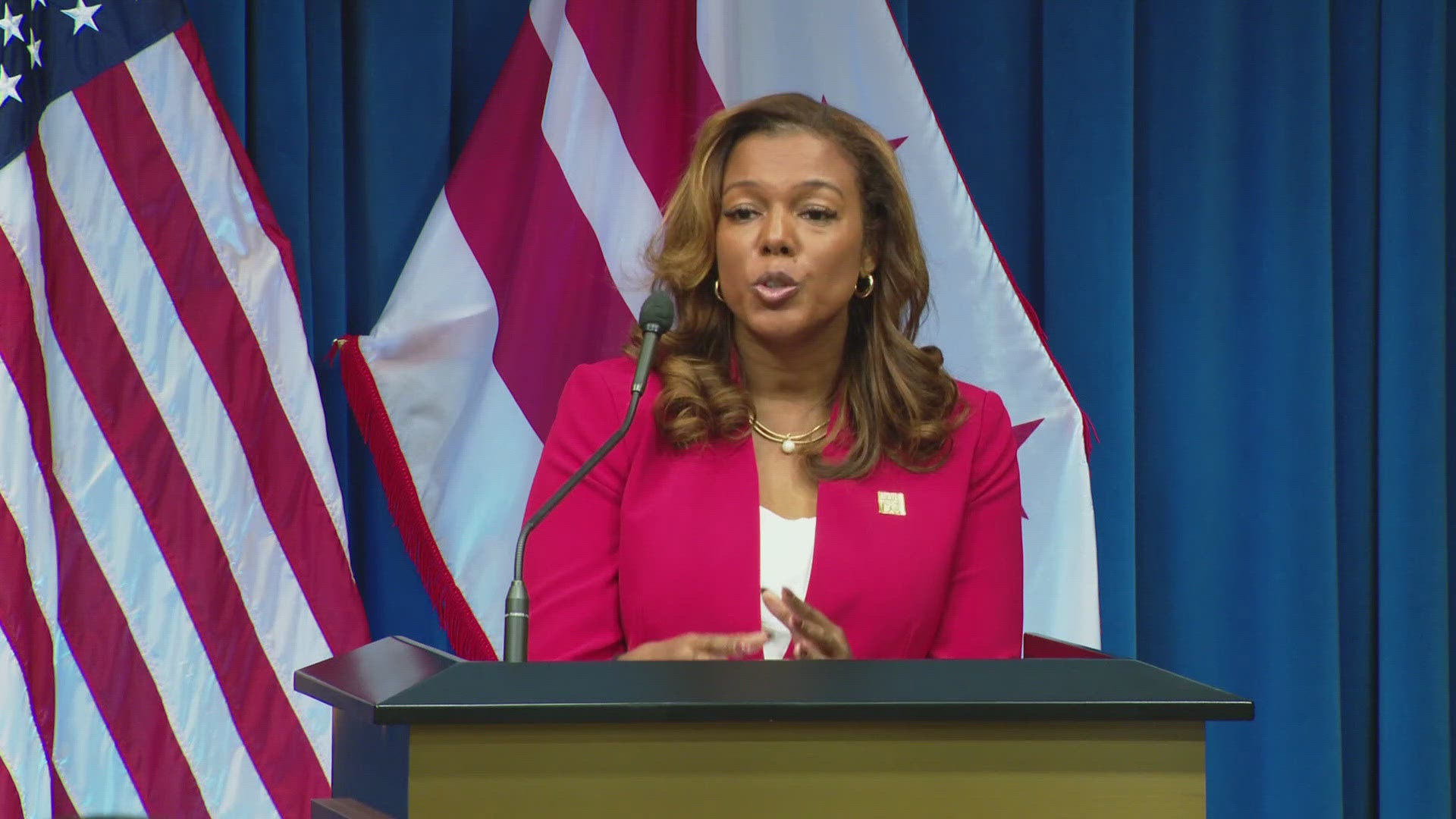A panel of appeals court judges in Richmond had sharp questions for a lawyer who is trying to get a new sentencing hearing for the sole surviving D.C. sniper.
Lee Boyd Malvo pleaded guilty to three murders in Virginia in a deal with prosecutors to avoid the death penalty.
"How do you get around the plea agreement -- the finality of plea agreements," Judge Paul Neimeyer asked Malvo's attorney as he argued for a new hearing.
Craig Cooley told the 4th U.S. Circuit Court of Appeals that Malvo agreed to "what is now an illegal sentence, an unconstitutional sentence."
The Supreme Court has found that mandatory life-without-parole sentences for juveniles violate the Constitution.
Malvo was 17 in 2002 when he helped carry out a three-week killing spree that left 10 local people dead and the rest of us living in a state of fear.
His partner in crime, John Allen Mohammed, was executed and now Lee Boyd Malvo is trying to have his life without parole sentences reduced.
Paul LaRuffa, one of just a handful of people to survive the sniper rampage, said "16 years is not enough."
Malvo and John Muhammad robbed the restaurant owner the month before they terrorized the rest of the D.C. region.
"I said early on that I wouldn't be surprised if sometime in the future he got out," said LaRuffa. "I didn't think it would happen in my lifetime."
Malvo's lawyer is now asking a federal appeals court to uphold a district court's ruling -- that the killer deserves a new sentencing hearing.
But a lawyer for Virginia's Attorney General told the judges that Malvo lost his right to appeal -- when he agreed to a plea deal that saved him from the death penalty.
Prosecutors never tried Malvo for trying to kill LaRuffa, but Malvo admitted to the FBI and a Washington Post reporter that it was him.
"I believe in redemption, and I believe he could be changed, and maybe he is changed," said LaRuffa. "But I don't want to take the gamble."
Malvo's lawyer told the appeals court that the plea deal forced him to agree to what is now an illegal and unconstitutional sentence.
The appeals court did not say when it would rule.


